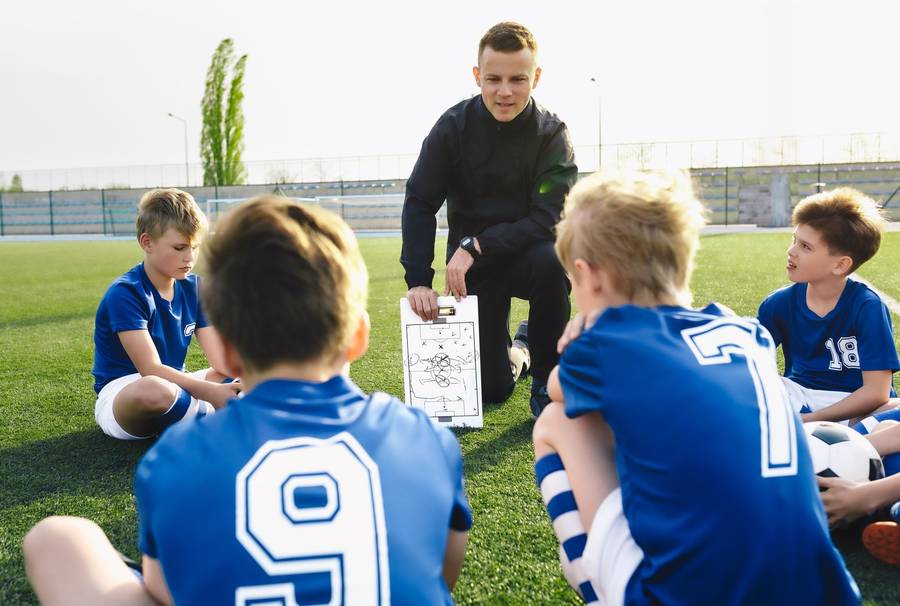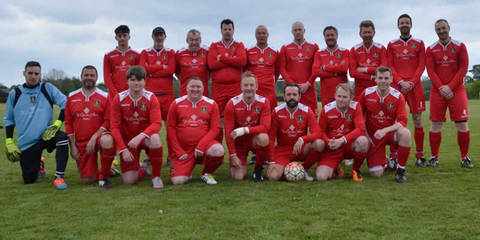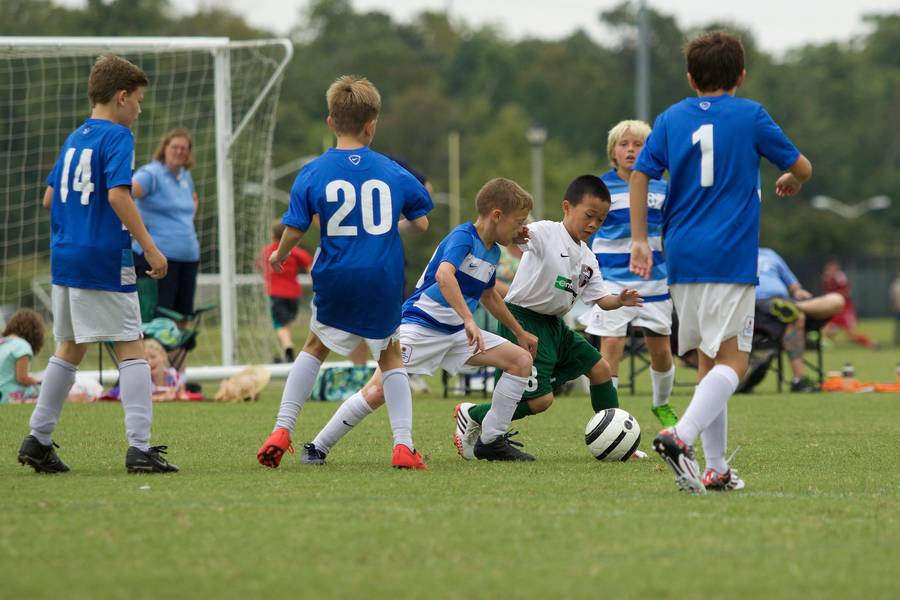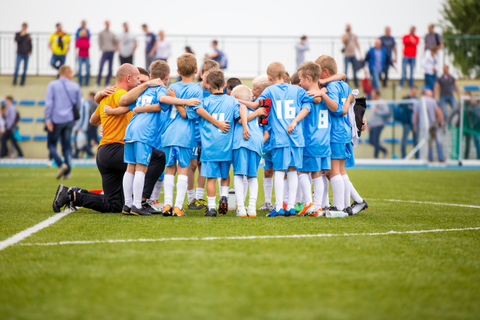
In the sphere of junior football, diversity and inclusion are not just buzzwords assimilated from everyday life but important principles in shaping the culture and ethos of the clubs we are attached to.
It’s ever more important to create welcoming environments for players from all backgrounds to help build clubs that reflect the makeup of the communities they represent.
Developing clubs that are inclusive and diverse are the pillars that celebrate the richness and varied backgrounds and perspectives within the footballing world.
At their core, diversity and inclusion celebrate the uniqueness and individuality of each player.
Every young footballer brings their own set of talents, skills and experiences to the pitch, enriching the fabric of the team.
By embracing diversity, clubs create an environment where players are valued for who they are as individuals.

Inclusive environments bring a sense of belonging and acceptance, where every player feels valued, respected and welcomed.
For young footballers, feeling like they belong to a team or club can have a profound impact on their confidence, self-esteem and overall well-being for a long time.
It can stay with them for life and when players feel accepted and included, they are more likely to develop strong bonds with their teammates, enjoy their footballing experience and become better players leading to them to continue playing the game for years to come.
Diversity and inclusion empower every player to participate fully in the game, regardless of their background, ethnicity, gender, or ability.
In an inclusive environment, every young footballer has the opportunity to develop their skills, express themselves creatively and contribute to the success of the team.
By removing barriers to participation and creating equal opportunities for all players, clubs unlock the full potential of their talent pool and ensure that no one is left behind.
Embracing diversity goes beyond merely ‘tolerating’ differences, it is about embracing them wholeheartedly and recognising the strength that comes from diverse perspectives, experiences, and talents.
In junior football, players from different backgrounds and cultures bring unique skills and approaches to the game, enriching the collective knowledge and understanding of the team.
By embracing diversity, clubs seed a culture of innovation and creativity that drives continuous improvement and ultimately success on the pitch.
Inclusive football clubs play a vital role in promoting equality and social justice both within the sport and in wider society.
By championing diversity and inclusion, clubs challenge discrimination and prejudice, creating a more equitable and inclusive footballing landscape for everyone.
Through their actions and initiatives, clubs send a powerful message that everyone has the right to participate in football regardless of their background or circumstances.
Diversity and inclusion are not just moral imperatives but essential ingredients for creating thriving and inclusive clubs.
By celebrating uniqueness, supporting a sense of belonging, empowering full participation, embracing differences and promoting equality, clubs can create environments where every young footballer has the opportunity to thrive and succeed, both on and off the pitch.
Many clubs across the UK are spearheading initiatives aimed at promoting equality and inclusivity within their ranks.
Recruitment and representation lie at the forefront of many of these efforts to promote inclusivity and celebrate diversity within junior football.
Many successful clubs recognise the importance of casting a wide net when recruiting players, actively seeking out talent from diverse backgrounds, ethnicities, cultures and socio-economic groups.
Rather than relying on traditional recruiting channels that may inadvertently exclude certain groups, clubs are now employing proactive strategies to reach out to underrepresented communities and marginalised groups.
This may involve forging partnerships with local schools, community organisations and grassroots programmes to identify and attract talented young players from diverse backgrounds.
All clubs are committed to providing equal opportunities for aspiring young players, regardless of their background or circumstances.
In practical terms this means eliminating barriers to participation and ensuring that every young footballer has the chance to showcase their talent.
Many junior clubs also now recognise that participation in the sport should not be limited by factors such as access to facilities, transportation or financial resources.
To address these barriers, clubs offer a range of pathways to participation, including subsidised subs payments or assistance with transport.
By removing logistical and financial barriers, clubs ensure that all young players have the opportunity to pursue their passion for the game and develop their skills in a supportive and inclusive environment.
Most clubs strive to ensure that their teams reflect the rich diversity of their local communities.
This means actively recruiting players from diverse ethnic, cultural and socioeconomic backgrounds to create teams that are representative of the broader community.
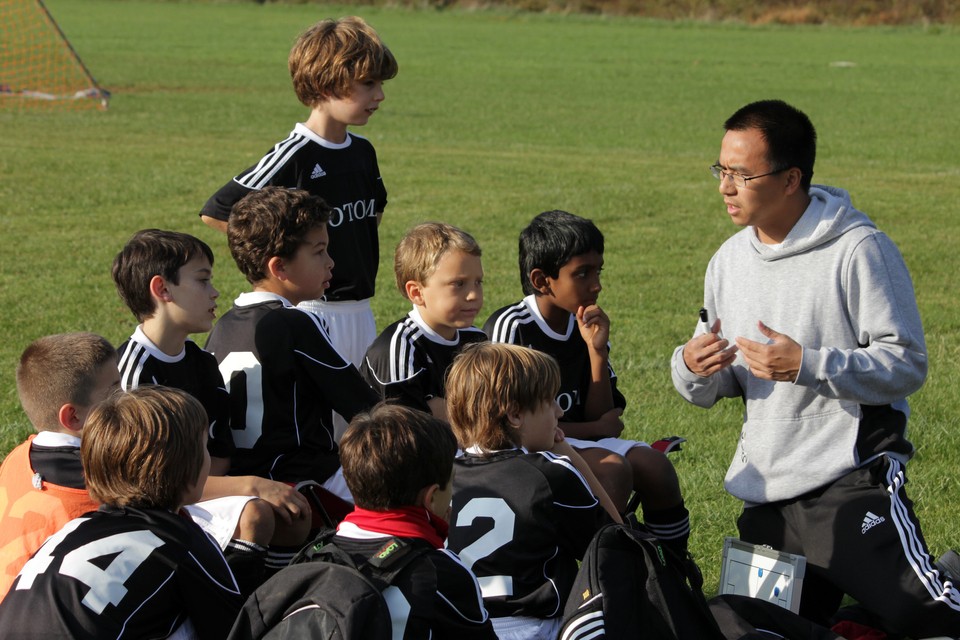
In addition to promoting diversity among players, clubs also recognise the importance of diversity in leadership positions.
By actively recruiting committee members, coaches and volunteers from diverse backgrounds, clubs ensure that their leadership reflects the diversity of their players and community.
This not only provides role models and mentors for young players from often underrepresented groups but also cultivates a culture of inclusivity and openness within the club.
Most coaches undergo training on equality and diversity to create welcoming and inclusive training environments for all players.
Training sessions are often designed to accommodate players of varying abilities, backgrounds and needs, ensuring that everyone feels included and valued as part of the team.
For some, community engagement and outreach form the cornerstone of efforts by to support inclusivity and promote diversity with junior football clubs proactively engaging with their local communities through targeted outreach programmes designed to engage young people from diverse backgrounds.
These programmes may include skills development sessions held in partnership with community organisations, schools and youth clubs.
By bringing the game directly to the community, clubs break down barriers to participation and provide access to football for young people who may face obstacles to participation due to factors such as socioeconomic status, location or access to facilities.
Many clubs also forge partnerships with local schools to promote football participation and engage with young people.
These partnerships may involve providing coaching support, equipment donations, and access to facilities for school football.
Some junior football clubs also organise community events aimed at bringing together players, families and volunteers from diverse backgrounds.
These events may include football tournaments or family fun days that celebrate the diversity of the community.
By creating opportunities for interaction, clubs develop a sense of belonging among participants that strengthens bonds and builds relationships that extend beyond the football pitch.
Clubs have also developed inclusive football programmes that cater to the needs of young people from different backgrounds including those with disabilities, special needs or limited access to resources.With so much amazing work taking place through initiatives that promote equality and inclusivity, junior football clubs are working hard to create a future where football belongs to everyone, regardless of who they are or where they come from.



